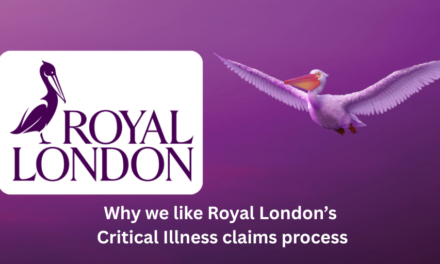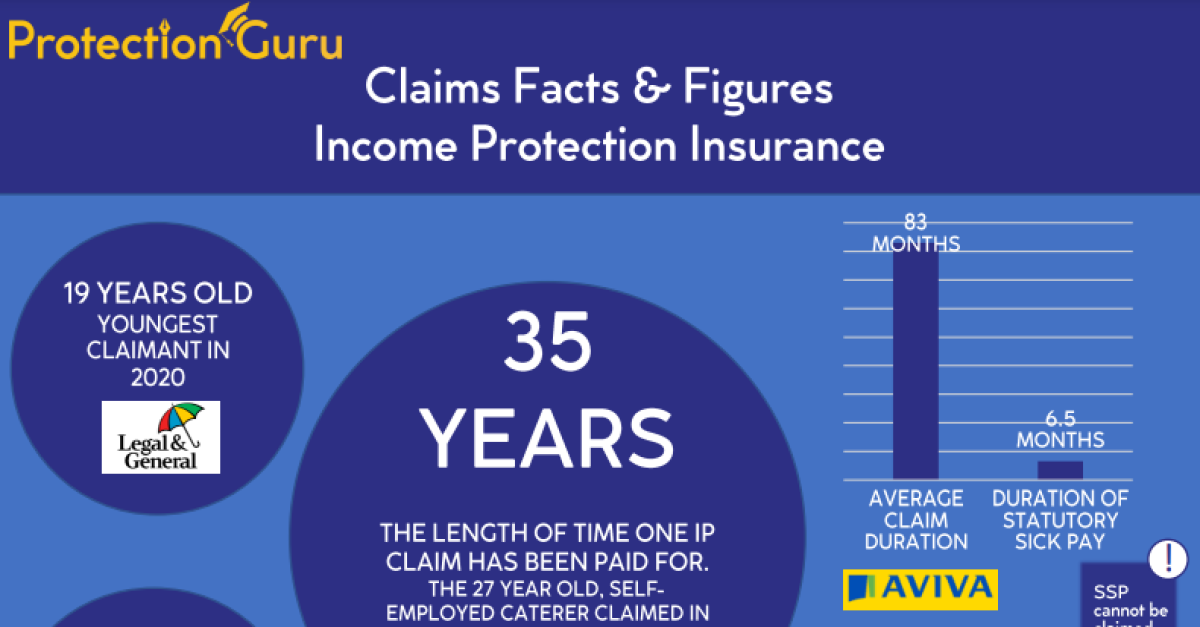
Is negligence by some GPs putting families into poverty?

Are clients dying without life insurance or being unable to claim on a policy they have because of GP apathy?
I have found much of the last week increasingly troubling. It is becoming clearer to me, day by day, that a growing number of NHS practitioners are, through in action, causing patients serious financial hardship and distress. If you have had a situation where unreasonable delays have occurred in the submission of medical information for a protection proposal, or a claim, please use this link to tell us more.
We pride ourselves in the UK that nobody goes bankrupt because they can’t pay for their medical treatment, unlike the US where Bernie Sanders infamously said that it affected 500,000 Americans a year although the Washington Post questioned the number. I think even one medical bankruptcy is too many, but we are now seeing growing evidence that a situation which is equally bad is becoming far too frequent in this country.
While most people working in the NHS, especially in hospitals, have done an amazing job to support the society in the last two years and are undoubtedly dedicated professionals, a small but not insignificant number of general practitioners have failed many families when they most need help. Paradoxically technology exists to remove this problem in the vast majority of cases, yet the same doctors who are causing the harm, are not willing to change the way they work.
I am talking, of course, of those doctors who take, to be polite, a tardy approach competing medical information requests from insurers to support both underwriting and claims. This is leading to families being unprotected against financial risk or worse still, having situations where they have policies in force but are not able to claim because the doctors cannot be bothered.
Anyone that has worked in the life insurance industry will know that most general practitioner doctors don’t see completing medical questionnaires as an important task. Indeed, those people who day in, day out have to spend their lives chasing the return of medical evidence are very used to dealing with terse and unhelpful medical receptionists.
Since COVID this has become far worse with a growing number of GPs flatly refusing to respond to request for medical evidence. You would hope the medical profession would recognise that the middle of a global pandemic is when life insurance can help patients most, tragically that seems not to be the case.
The problem is not just preventing people taking out new life insurance, doctors are regularly failing to act when people have life insurance and information is needed so a claim can be paid. I can’t think of a much worse situation to put a grieving family in than preventing them from receiving a life insurance pay-out.
This week I was asked to help with a claim where a mother lost her child following a premature birth at the beginning of November. The medical papers were issued by the insurer in December and this week the doctors surgery said the earliest they could even attend to them would be 28th February. The insurer is doing everything they can to expedite matters, going above and beyond what would normally be expected, but the truth is the doctors could have addressed this weeks ago.
Last year, I was asked to assist on a claim where following a very serious illness which necessitated an air ambulance and the family staying far from home to be near their sick child. Both father and mother had Critical Illness cover that did pay out but this was delayed by months because the doctor would not complete the medical papers the insurer needed. Once the information came back the insurer paid in a couple of days but the whole thing was delayed for far too long because of the callous attitude of the so-called medical professional. The delay in the payment put serious financial pressure on the family when they wanted to be totally focused on their child. In the end the insurance payment made a big difference but the doctor’s inaction made this far worse than it needed to be.
Recent conversations with advisers have revealed many, many cases where doctors are refusing to complete medical forms and a small number where proposers are dying, leaving their families uninsured. This just cannot be right. How many families are now living in poverty because GPs didn’t prioritise their insurance medical?
We want to understand the extent of this problem so we, with others, can help put forward evidence to politicians, regulators and if necessary, the media to draw attention to the problem. If you have had such a case, please click here to help us obtain the evidence so we can lobby for the better treatment of patients trying to get insurance or make a claim.
It is ironic that a profession who proudly boast that their mission is to “do no harm“ are, in many cases, too arrogant to see the harm they are doing through their complacency. Even more so because such delays are now entirely avoidable.
Several electronic services can now access information from GPs records remotely and will even process the return of this data on their behalf. The GP gets paid, for not doing the job, and their fee is even collected for them for doing less. Some GPs however are choosing to respond to requests for medical information by saying they want ridiculous amounts more to do so. We have been cited one case where the doctor wanted £500 to return the papers in a month, saying their fee would reduce each month so that the papers would be sent back for the normal fee after six months delay.
While I do see a small number of GPs trying to exploit this situation, I hope most just haven’t thought it through. I would believe that there is a widespread problem if families can’t get insurance because their GPs won’t react to request for medical information?
If you want to know more about how these problems can be fixed and methods a growing number of advisers are using to reduce medical delays, it’s well worth listening to the final instalment from our
Returning to our more traditional content, on Tuesday Rob Harvey explored which insurers offer remote GP services and how they compare? This follows the recent announcement from Royal London that they’re adding a 24/7 GP service to their Helping Hand benefits. Rob’s analysis examined all of the options on the market and which insurers lead in this area. Our primary objective at Protection Guru is to provide advisers with detailed, objective, accurate analysis to help assist them in providing the best possible advice to clients. Many people tell me the summaries we produce after major product changes are an invaluable way for advisers to stay up to date with the latest data on how the market compares across all insurers. Great weekend reading.
On Wednesday Rob published an insight looking at which income protection plans include children’s critical illness cover. Whilst traditionally only available alongside adult critical illness, there are now a small number of insurers offering children’s cover either within their income protection plans, or as a completely stand-alone benefit that can be ‘bolted-onto’ any cover (such as life and IP).
Sticking with the theme of income protection, but tying into the work we’re doing around eGPRs and medical underwriting, on Thursday we looked at who has the highest non-medical underwriting limits for income protection? We update these insights regularly throughout the year, as insurers (often without officially announcing anything) increase or change their limits.
We finished the week with a round-up of the Additional Payments on Income Protection cover – 6 things you should know.
Much of our week at AdviserSoftware.com has been consumed thinking about the subject which is becoming increasingly debated; is it time to take a fresh approach to how data is provided to financial advisers? The pandemic has been a huge stimulus for the way advisers embrace technology, but it is becoming increasingly evident to me the platforms and insurers don’t really understand the ramifications of these changes.
Historically the practice management system been seen as the place for advisers to keep their single record of the truth, but we are coming across more and more firms suggesting a different approach.
Consequently, we have made this the focus for our upcoming Advice Tech Forum on Tuesday, February 22nd, 2022, from 12pm to 1pm. The agenda for the session is “getting advisers client data: what currently works, what doesn’t and where are the important places to improve?”
We have a great range of delegates already and I would encourage advisers to join us to share your views and learn from how your peers are making data work better for them. Click the link above to request a ticket.
On Thursday, we launched the latest of our Adviser Tech Ratings surveys, this time looking at Client Portals. We would love to hear your thoughts, good or bad, on how your existing Client Portal works for you and how you would like to see it improve.
Leaving your feedback helps us help our adviser community making your collective views and experiences available to assist in better decisions when selecting technology to run their businesses.
You can share your views on your existing Client Portal here.
I would really appreciate it if as many advisers as possible could take the time to share their thoughts.
Pension transfer fraud has sadly been rising exponentially in recent years. This week on Benefits Guru we posted a two-part insight looking at a new service which has been introduced to help trustees and pension providers combat suspicious pension transfers.
Part one of the study explores the new powers given to trustees and scheme managers, while part two considers what they mean for employers, scheme members and advisers.
Enjoy your weekend everyone but spare a thought for those people having to face the weekend without the security of life or income protection insurance, or worse still without the money they are due from an insurance claim, all because some GP is too lazy to supply the necessary information.

















